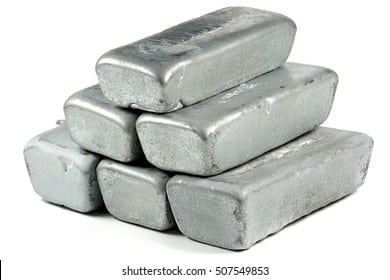The commutative property states that in an addition or multiplication operation, changing the order of the numbers has no effect on the sum or product. The commutative property of addition is written as A + B = B + A. Similarly, for multiplication, the commutative property formula is expressed as (A × B) = (B × A).
Table of Contents
Commutative Property of Addition
According to the commutative property of addition, altering the order of the addends has no effect on the sum’s value.
Commutative Property of Multiplication
The commutative property of multiplication states that the final product is unaffected by the sequence in which the numbers are multiplied.
Key Points
- The Commutative property states that “changing the order of the operands does not change the result.”
- The commutative property for addition is A + B = B + A
- The commutative property for multiplication is A × B = B × A
More Interesting Topics
The Density of Water lbs/U.S gal
Density of Water in g/ml-Accurate Value
Velocity Formula & Definition
Momentum Equation| Definition and Examples
What is a Jamboard| The Definitive Guide
Kinetic Energy Formula
How Many Cups in a Gallon? Cups to Pints, Quarts
Associative Property- Addition & Multiplication
Latest posts by Umair Javaid, PhD Student (see all)
- BCl3 Lewis Structure in four simple steps - November 1, 2023
- PH3 Lewis Structure in four simple steps - October 8, 2023
- PF3 Lewis structure in four simple steps - September 24, 2023



